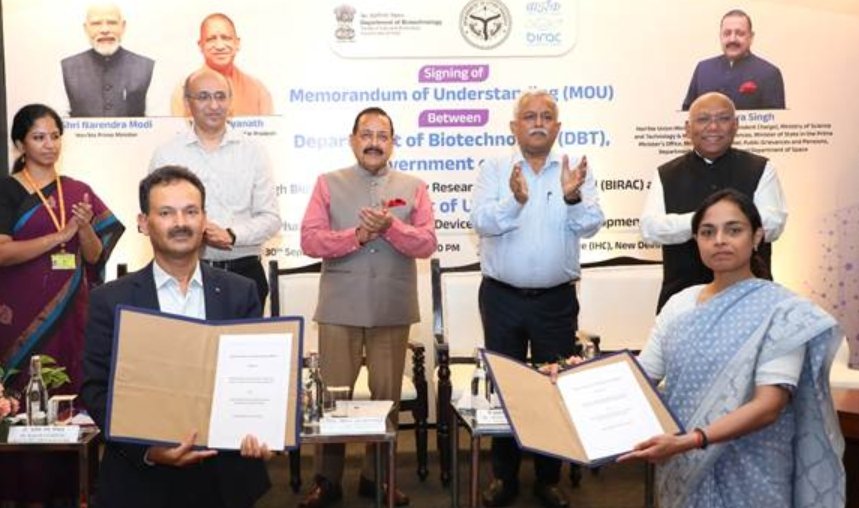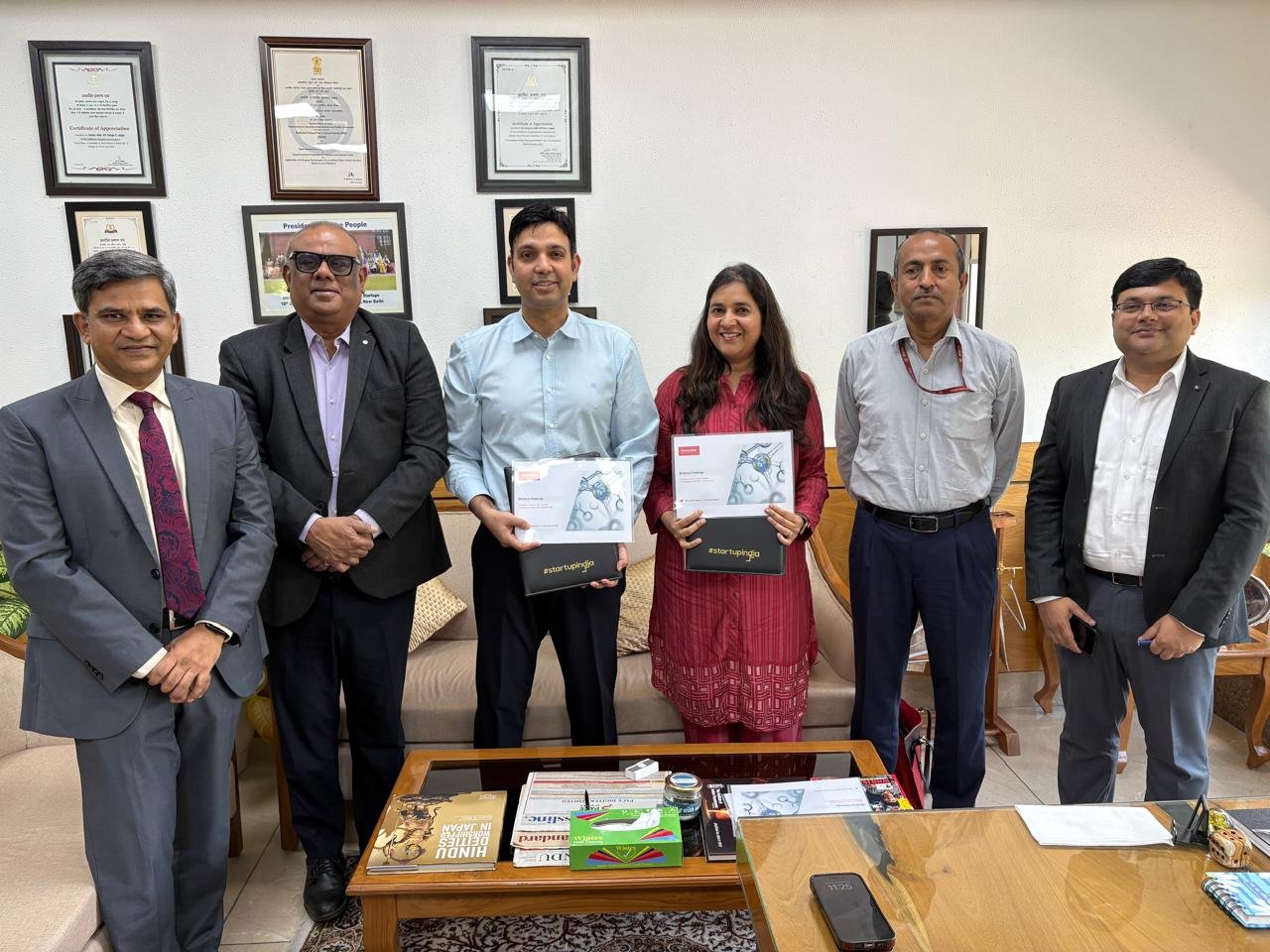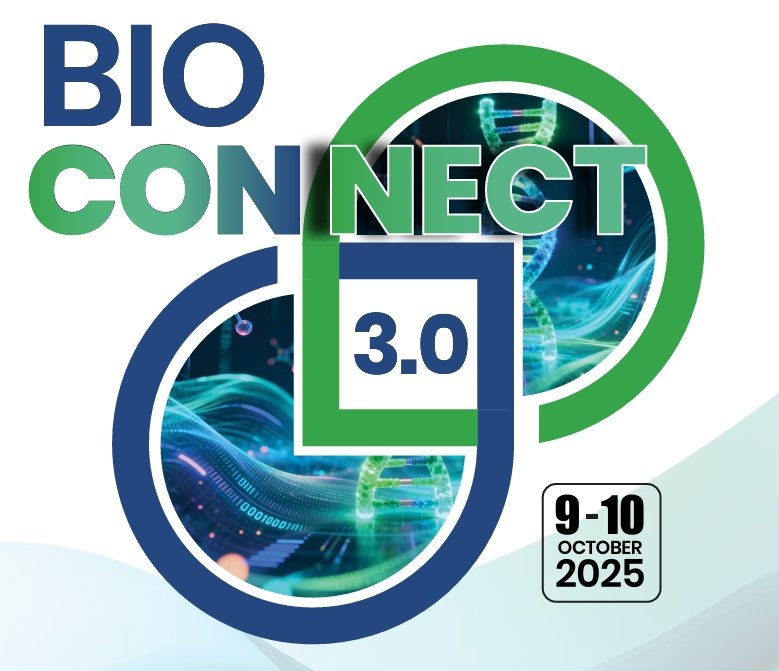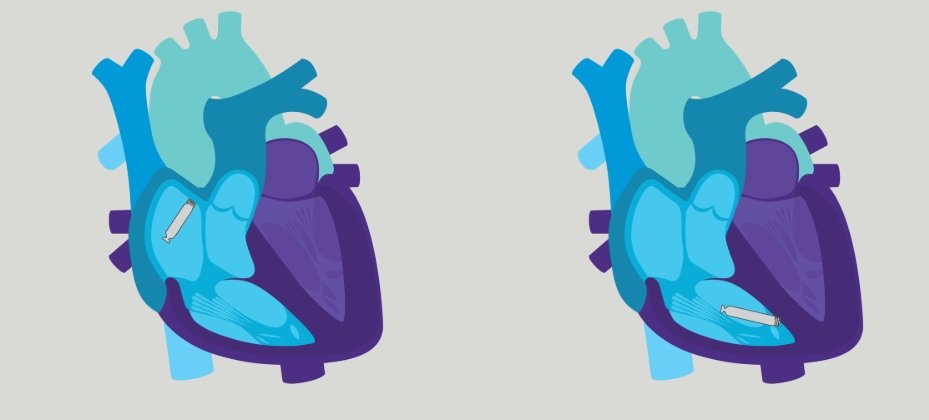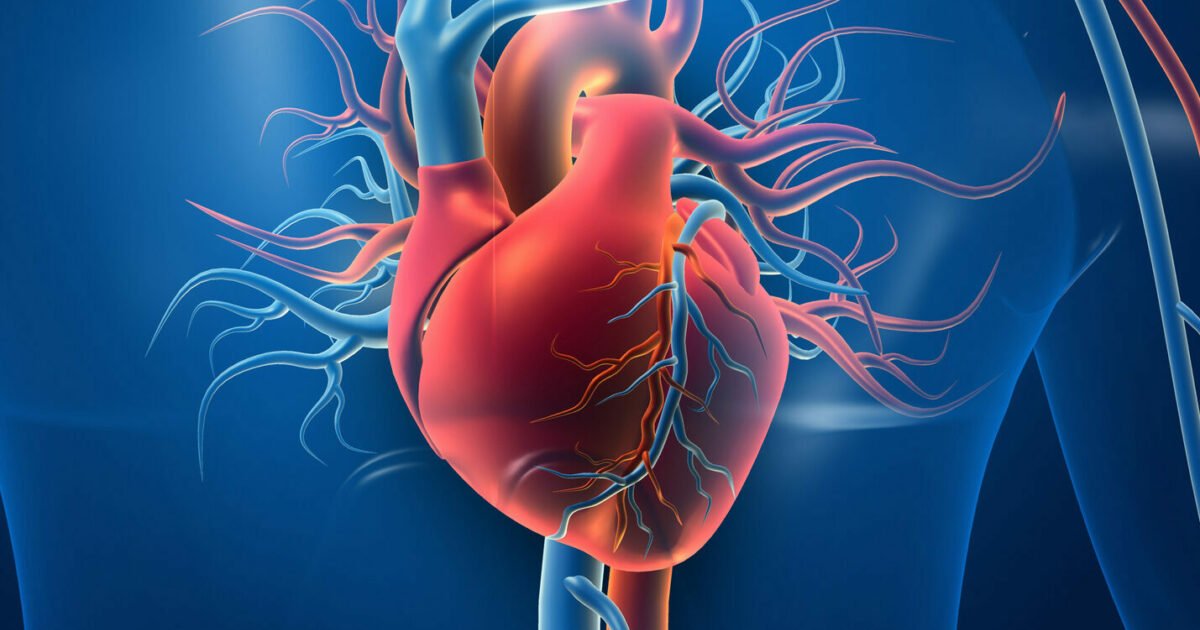Beckoning Indo-Canadian partnerships
May 06, 2009 | Wednesday | News
Beckoning
Indo-Canadian partnerships
 Dr Nataraj Kav, professor of biochemistry,
Department of Agricultural, Food and Nutritional Science, University of
Alberta, Canada, outlines the relationship between India and Canada,
and its future prospects.
Dr Nataraj Kav, professor of biochemistry,
Department of Agricultural, Food and Nutritional Science, University of
Alberta, Canada, outlines the relationship between India and Canada,
and its future prospects.
Canadian and Indian Governments have recognized the need for a closer
collaboration between the two countries and the signing of a Memorandum
of Understanding (MOU) between the University of Alberta, Edmonton,
Canada, and the Indian Institute of Technology (IIT), Mumbai, is yet
another example of institutions in both Canada and India forging ahead
on collaborative ventures. Other recently signed agreements include the
one between the National Research Council (NRC) of Canada and the
Department of Biotechnology (DBT), India; and between the Agriculture
and Agri-Food Canada (AAFC) and The Energy Research Institute
(TERI).
An area of obvious choice for collaboration between India and Canada
would be in the field of agricultural biotechnology. It is needless to
point out that India faces significant challenges in ensuring that its
population has access to sufficient food of high quality with minimal
adverse effects on the environment. Canada and India (as well as all
other countries of the world) are faced with changing global climate,
which of course, has significant effects on crop
productivity. Many of the crop varieties that are cultivated
today have reached an yield plateau, necessitating the development of
novel varieties capable of maintaining increased levels of productivity
despite increased environmental stresses and changing disease patterns.
India and Canada have sufficient and highly complementary core
strengths in the areas that are related to the development of novel
crop varieties. In fact agricultural biotechnology and food science and
technology should join hands to develop novel crops with beneficial
health properties and find ways to deliver them as pre-packaged
convenience foods. For example, compounds with beneficial health
properties can be identified from Indian plants through this
collaboration, Canadian and Indian scientists can elucidate their modes
of action using the state-of-the-art techniques in genomics and
proteomics. Subsequently, metabolic pathways producing such
compounds can be characterized and engineered into the crops of
interest, resulting in “functional foods” or,
alternatively, provided in the form of nutraceuticals.
There are already a few areas of collaborations between Canada and
India, and there is more scope to grow such collaborations. The
interest of researchers in both the countries has to be stimulated to
materialize such partnerships. In fact, International Science and
Technology Partnerships (ISTP) Canada, a non-governmental organization
selected by the Government of Canada, encourages partnerships and
collaborations such as the above. In India, Global Innovation and
Technology Alliance (GITA) has been entrusted with the task of
fostering linkages under the auspices of the Department of
Biotechnology as well as the Department of Science and Technology,
Government of India. In addition, the Shastri Indo-Canadian
Institute is another agency that supports partnerships and
collaboration between India and Canada.
It is up to individual researchers to identify areas of cooperation,
pursue collaborative research that supports the training of Highly
Qualified Personnel (HQP) such as graduate students and post-doctoral
fellows to jointly overcome the challenges of this and forthcoming
centuries, one at a time. HQP are our investments for the
future and, therefore, it is important for both the Canadian and the
Indian Governments to commit to the establishment of an Indo-Canadian
scholarship program to allow the exchange of the brightest minds
without hindrance.
Students ahoy
An important aspect of any collaboration between the Indian and
Canadian institutions will, undoubtedly, be an exchange of graduates or
post-graduate students, post-doctoral fellows (PDFs) and faculty
members. Canada has several universities that have successfully
developed food science and technology programs, including a program at
the University of Alberta that is in high demand. The post secondary
education and research environment in Canada is top of the line and
comparable to excellent institutions worldwide. The training, a
graduate student receives from research-intensive universities such as
the University of Alberta, is of high caliber, many PhD holders from
Canadian institutions obtain research or other positions in prestigious
institutions in various parts of the world.
In addition to top-class universities, Federal and Provincial
governments are also conducting world-class research in various fields
and, very often, researchers from the universities and these government
research institutes enter into collaborative ventures and offer
graduate students with unique opportunities pertaining to the
application of their research findings. Canadian scientists can
therefore provide invaluable guidance towards the development of
strategic research in areas pertaining to food science and
technology. Furthermore, they can provide guidance with
respect to the development of curriculum for successful undergraduate
and graduate programs.
Dr Nataraj Kav is a
Professor of Biochemistry in the Department of Agricultural, Food and
Nutritional Science (AFNS) at the University of Alberta, Edmonton,
Canada. Dr Kav has launched a successful proteomics-based research
program at the University of Alberta to investigate plant responses to
both abiotic and biotic stresses. The proteins and,
consequently, genes are manipulated using transgenic technology in
order to improve plant performance under stress conditions. Dr
Kav’s research team is composed of graduate (MSc and PhD)
students, post-doctoral fellows and research associates, some of whom
are from India and/or the Indian sub-continent.


 Dr Nataraj Kav, professor of biochemistry,
Department of Agricultural, Food and Nutritional Science, University of
Alberta, Canada, outlines the relationship between India and Canada,
and its future prospects.
Dr Nataraj Kav, professor of biochemistry,
Department of Agricultural, Food and Nutritional Science, University of
Alberta, Canada, outlines the relationship between India and Canada,
and its future prospects.